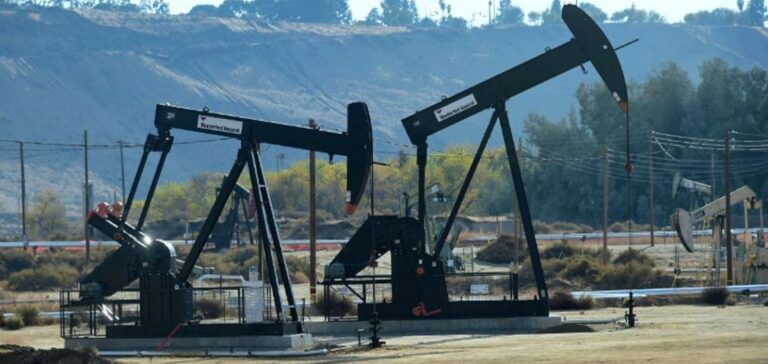According to the U.S. Energy Information Agency (EIA), U.S. commercial crude oil reserves increased again last week. Indeed, these stocks increased by 1.2 million barrels in the week ended February 24, marking the tenth consecutive week of increases. This growth in commercial reserves at the height of the winter season, when consumption of crude and refined products is generally higher, is a rarity.
However, this increase is less than analysts had expected, who were expecting an increase of 1.9 million barrels. Since mid-December, U.S. commercial reserves have increased by 62 million barrels, while a year earlier they had decreased by just over 10 million barrels.
A jump in crude oil exports
This lower rise in commercial inventories is partly due to the jump in crude exports, which reached an all-time high of 5.62 million barrels per day last week. This increase is due in part to the implementation of the European embargo on Russian exports, which has led to increased demand for American oil.
Four-week U.S. crude exports are 37% above their level at this time last year, while imports remained at a high level, at 6.20 million barrels per day (-1.8% week-on-week). The refinery utilization rate remained stable at 85.8%, compared with 85.9% the previous week.
A rebound in demand
The report released by the EIA also pointed to a small surge in demand. In particular, gasoline crossed the 9 million barrels per day (9.11) threshold for the first time in two months. As for kerosene, demand rose by 14% over one week.
The price of a barrel of U.S. West Texas Intermediate (WTI) for April delivery was in the red before the release of the EIA report, but then rose 0.44% to $77.39 around 16:05 GMT. Production remained unchanged at 12.3 million barrels per day.
In conclusion, despite an increase in U.S. commercial crude oil reserves, inventory growth is lower than expected due to the jump in crude exports. In addition, the rebound in demand has allowed prices to recover.






















